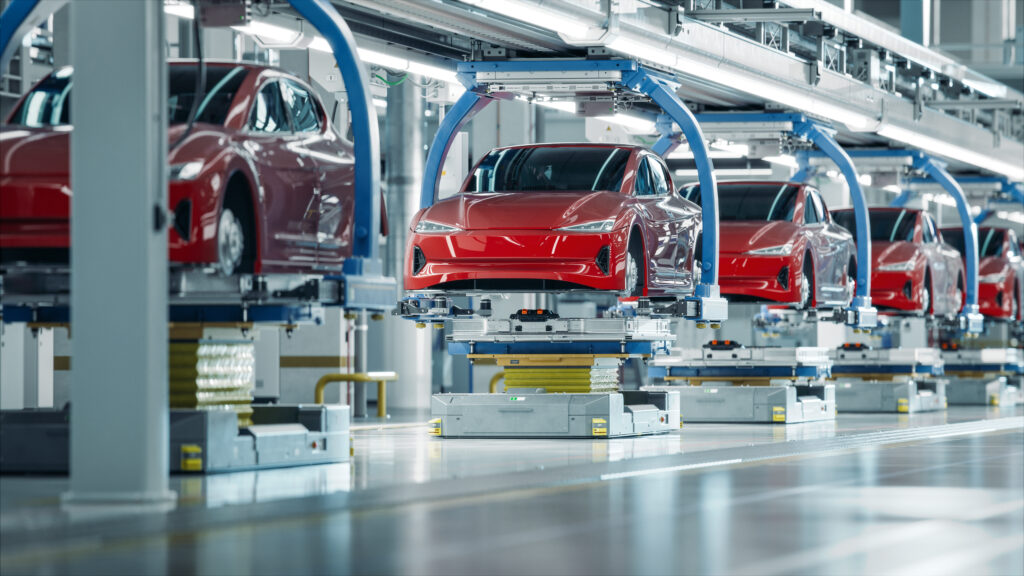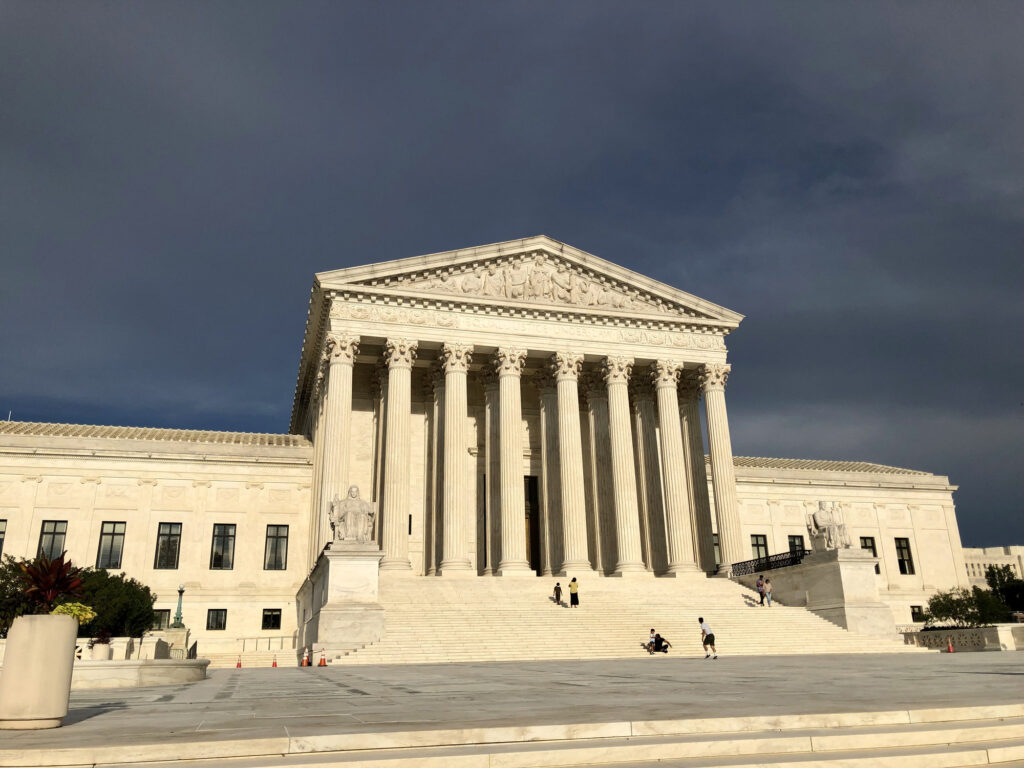During the 2025 legislative session, Arkansas passed landmark legislation that creates space between Arkansas and China, improves the global supply chain, and uses the power of the state purse to prevent the use of forced labor in far corners of the world. House Bill 1683 prohibits Arkansas from procuring electric vehicles (EV) or EV components that were made in whole, or in part, with forced labor. Arkansas is the first state to pass legislation that achieves such worthy goals.
Specifically, this legislation targets the rare earth elements (REE) industry, which is critical for EV batteries, solar panels, and windmills.
Despite their name, REE are not rare in their abundance but rather found in low concentrations, which makes them difficult to acquire. Moreover, the process to separate REE from each other and from the ore in which they originate is a costly and timely process.
The mining and refining process also presents real-world problems related to environmental damage, sustainability, and the labor used to manufacture these products.
Most frequently, the mining and refining of these metals is performed by forced labor. In the worst cases, this dangerous work is done by Uyghurs and other Muslim minorities in China’s Xinjiang region and children as young as five-years-old in the Democratic Republic of the Congo (DRC).
Currently, China dominates the REE market with 60 percent of global production and 85 percent of processing capacity. Furthermore, according to the International Trade Administration, the DRC contains the world’s largest cobalt reserves. In 2020, the DRC produced approximately 95,000 tons of cobalt, nearly 41 percent of the world’s supply. It is a fact that cobalt mined in the DRC is almost exclusively obtained with exploitative child labor in dangerous mining conditions.
Concerns about the use of forced labor to create components for EVs prompted the federal government, with bipartisan support, to pass the Uyghur Forced Labor Prevention Act (UFLPA) in 2021.
The UFLPA directs the Forced Labor Enforcement Task Force to develop a strategy for the prohibition of imported goods manufactured wholly or in part with forced labor, particularly from the Xinjiang Uyghur Autonomous Region in China.
Furthermore, the federal government recently revised the application for EV tax credits. “Beginning in 2024, an eligible clean vehicle may not contain any battery components that are manufactured by a foreign entity of concern and beginning in 2025 an eligible clean vehicle may not contain any critical minerals that were extracted, processed, or recycled by a foreign entity of concern.”
By prohibiting government contracts from procuring EVs that may have been made with forced labor, state lawmakers can follow suit with federal guidelines that use the power of the purse to lead with a clear and clean conscience.
HB 1683 is straightforward. It simply requires electric vehicle manufacturers to guarantee that no entity involved in the production of the EV or components for sale used forced labor or child labor throughout the supply chain and manufacturing process.
As we have seen in recent months, economic stipulations that nudge manufacturers and consumers can be very effective. Over the summer, Hyundai Motor Group announced a $26 billion U.S. investment to incentivize domestic-based growth and innovation.
The forces of the free market should shape legislation such as this, and market competitors will have no trouble adhering to simple conditions that could save the lives of people and children as well as incentivize domestic production and the creation of good-paying jobs.
We have already seen companies such as Tesla, Ford, and Rivian increasingly adopt lithium-iron-phosphate (LFP) batteries as opposed to the nickel manganese cobalt (NMC) batteries that are commonly used in EVs. LFP batteries are made without the use of any ethically dubious cobalt and are also known for their safety, affordability, and longer lifespan.
Additionally, over the summer, the U.S. Senate Judiciary Committee held a hearing focused on the Chinese Communist Party’s (CCP) destructive influence in the realm of U.S. energy policy. Kansas Attorney General Kris Kobach, one of the expert witnesses, provided insight into how the Chinese Communist Party funds political movements and lawsuits in the United States to push a “green” agenda. This ultimately results in reliance on China for the REE used in solar panels, windmills, EV batteries, and other “green” technologies.
Not only does this legislation protect those who are subject to forced labor, it reduces American dependence on China.
Through this commonsense policy, state lawmakers in the Constitution State can ensure that Connecticut taxpayer dollars are not being used to pay for electric vehicles that, even partially, use forced and child labor in their manufacturing process. All states can, and should, fight for universal basic human rights.
The following documents provide more information about electric vehicles and forced labor.
Policy Tip Sheet: Prohibiting State Procurement of Electric Vehicles Produced by Forced Labor and Child Labor
This Policy Tip Sheet produced by the Heartland Institute and Heartland Impact does a deep dive on the supply chain associated with Electric Vehicles and the humanitarian issues associated with the rare earth elements required for production.
Testimony Before The Arkansas House Committee on State Agencies and Governmental Affairs on House Bill 1683 Regarding the State Procurement of Electric Vehicles Containing Materials Procured By Forced Labor
http://heartlandimpact.org/2025/04/02/1248/
This is testimony in support of House Bill 1683, legislation intended to prohibit the state procurement of electric vehicles that have been, in any part, manufactured with forced or child labor. Provided by Samantha Vick, the Senior State Government Relations Manager at Heartland Impact.




